Dips be damned, El Salvador is stronger because of Bitcoin
Since El Salvador adopted Bitcoin (BTC) as legal tender in September 2021, there have been a number of quick judgments issued declaring this move a failure, with some pundits going as far as to suggest that Bitcoin is somehow responsible for the economic challenges that existed in El Salvador well before Bitcoin was even created. But the traditional financial experts, talking heads and even representatives from the International Monetary Fund (IMF) espousing this point of view are missing the point entirely.
After Salvadoran President Nayib Bukele announced his plan in July to offer to repurchase publicly held bonds maturing between 2023 and 2025, El Salvador’s sovereign debt totaled more than $20 billion. Admittedly a massive amount relative to the Salvadoran economy, it was unrelated to the decision to accept Bitcoin as legal tender.
Rather, myriad factors play into El Salvador’s debt. In 1982, 39 years before the legalization of Bitcoin, El Salvador borrowed $85 million from the IMF, adding extensive fiscal debt and providing negligible benefits to its citizens during a time of civil war. After that, the country’s 2001 decision to make the United States dollar its official currency further limited its ability to manage its own finances. With USD as its base currency, El Salvador was unable to implement its own monetary policy to pay for domestic costs like social programs or infrastructure. Instead, it was forced to increase public sector borrowing to pay for these vital programs.
El Salvador’s debt-related challenges are not a result of the country’s investment in new financial technologies, like Bitcoin. Instead, El Salvador’s adoption of Bitcoin is a move toward regaining its monetary sovereignty, providing its
Read more on cointelegraph.com
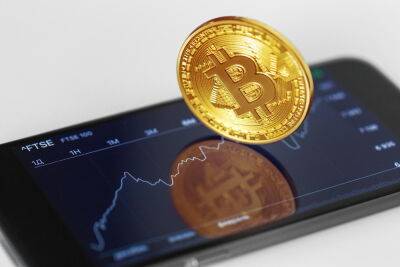
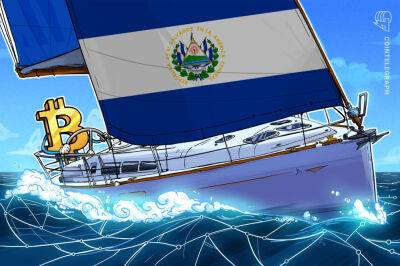




![Bitcoin [BTC] downtrend continues but is it right time to go short](https://finance-news.co/storage/thumbs_400/img/2022/9/23/42024_mys.jpg)
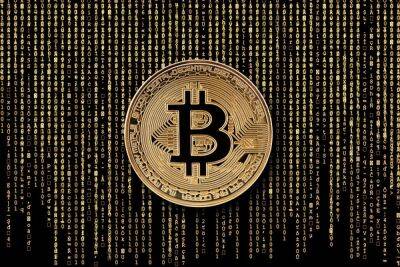

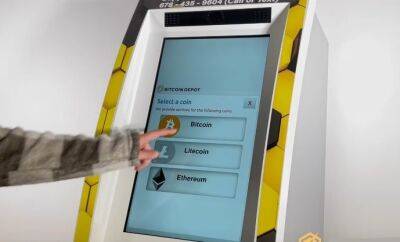

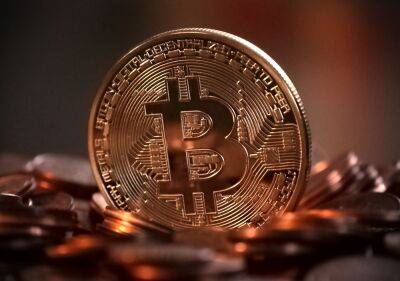

![Bitcoin [BTC] investors looking for relief might get some after reading this](https://finance-news.co/storage/thumbs_400/img/2022/9/22/41942_lmsir.jpg)






